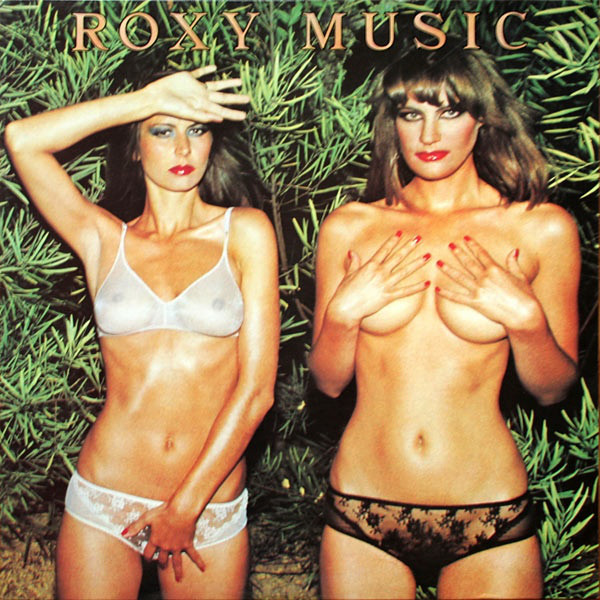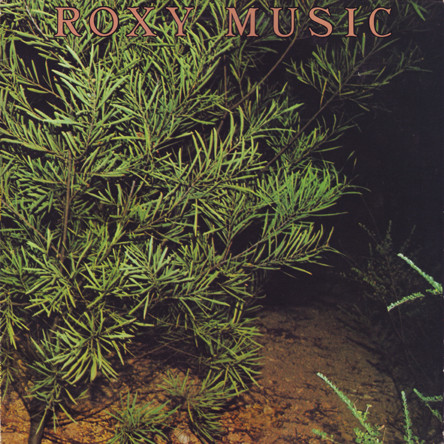Going through the Discogs database recalled this racy LP cover (how could anyone forget this?):

That was briefly in stores in the US, but by the end of the year (1974) the "censored version" appeared:

Kind of eerie! If you're concerned about a transgressive female image, don't use half-measures. Just show some trees. This was decades before the erased-in-Photoshop genre appeared (e.g. removing the victims of the Kent State shooting using the "clone tool") so it seems almost presciently eerie.
